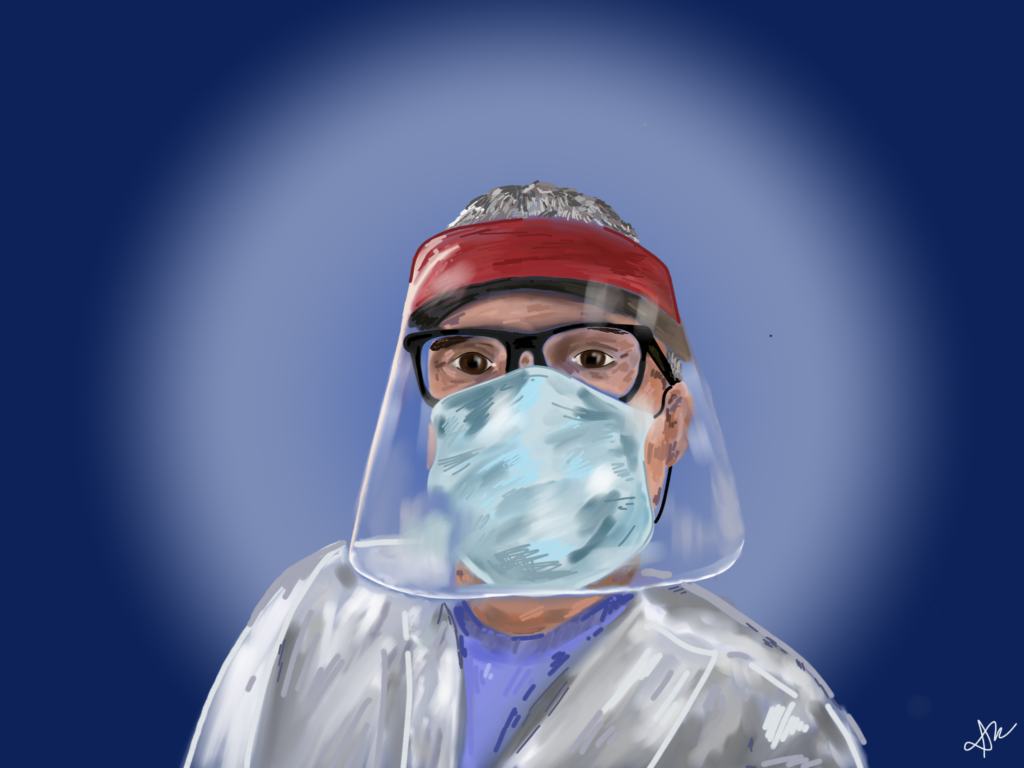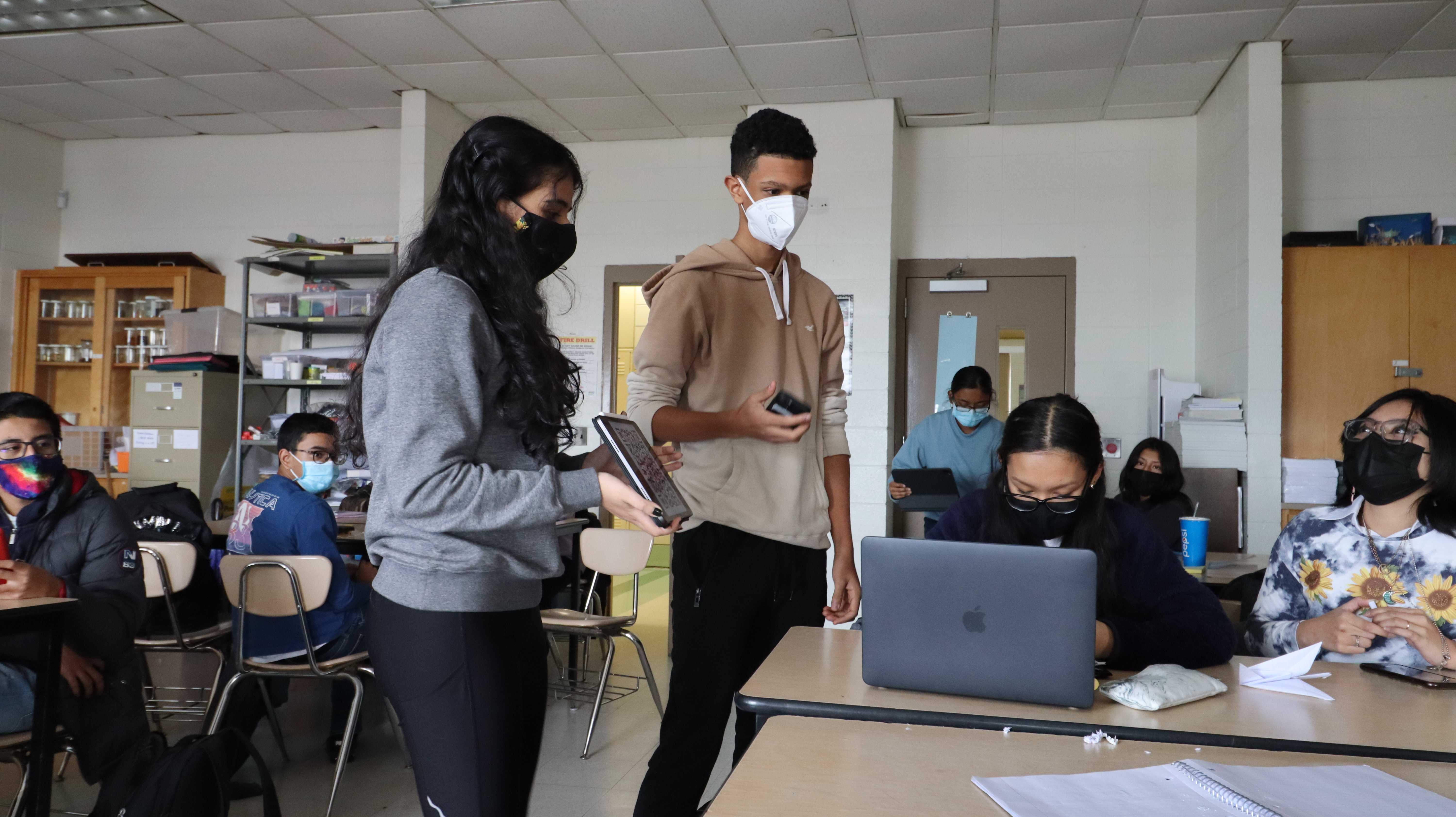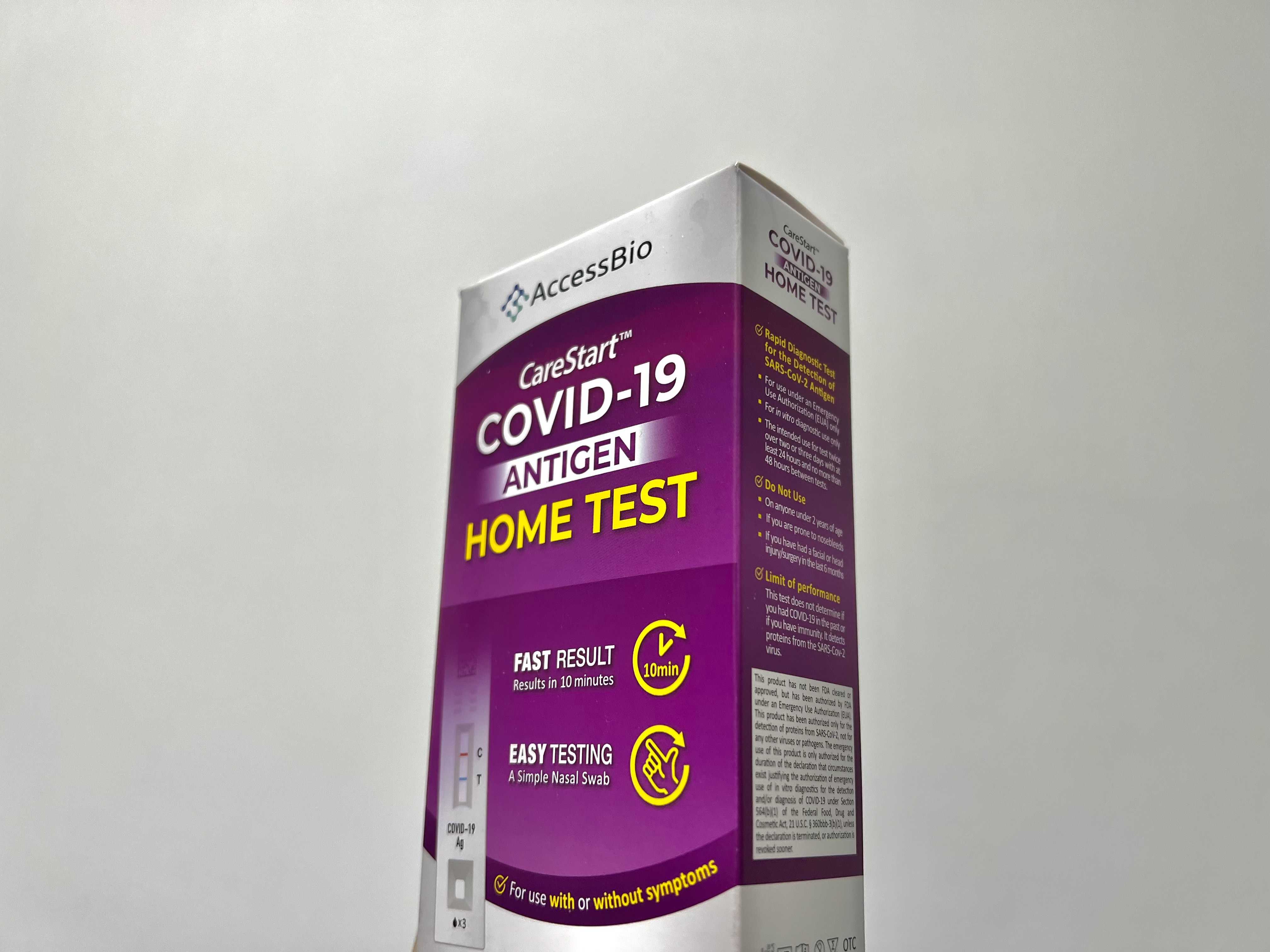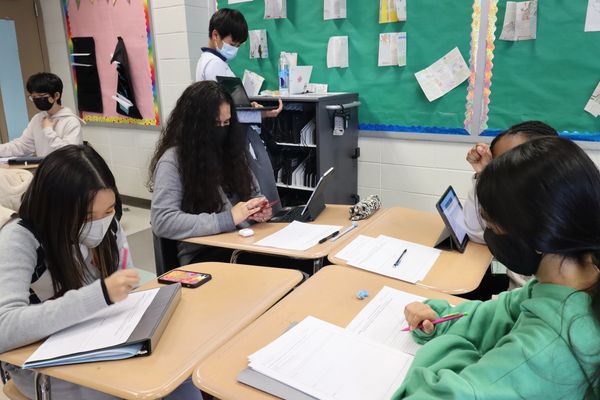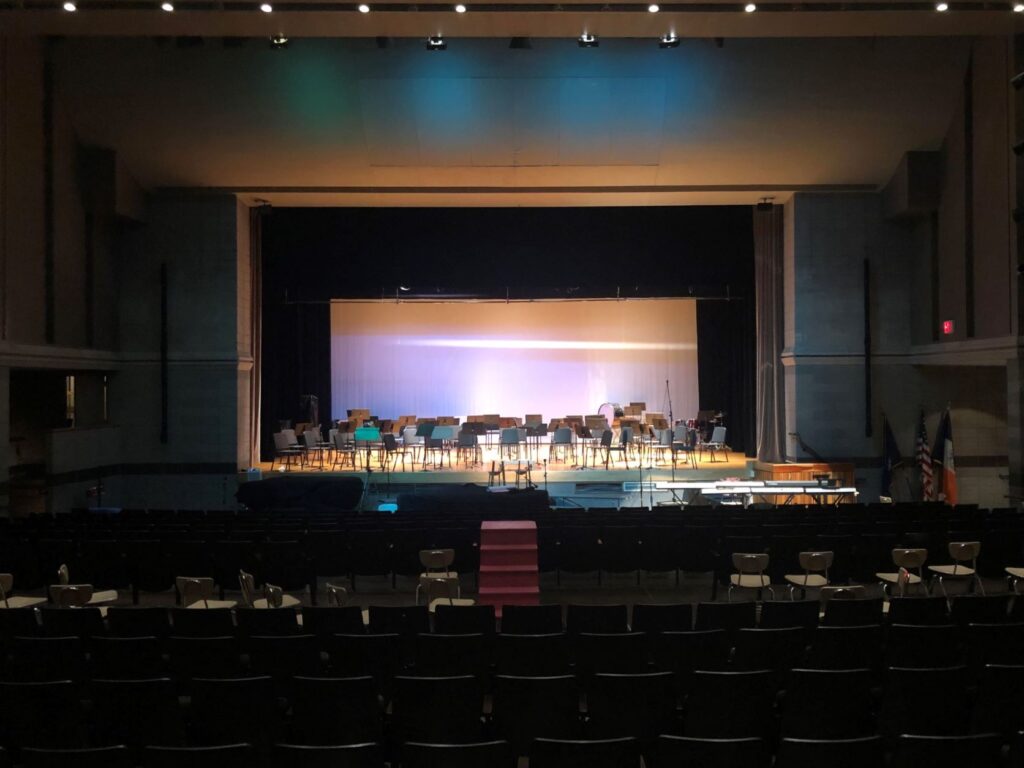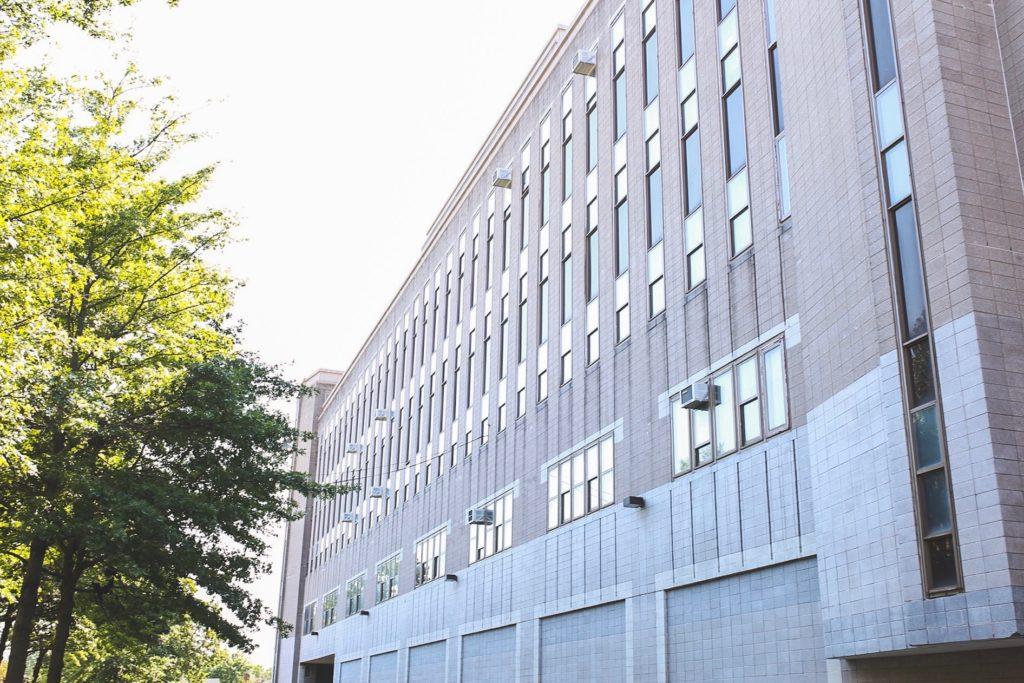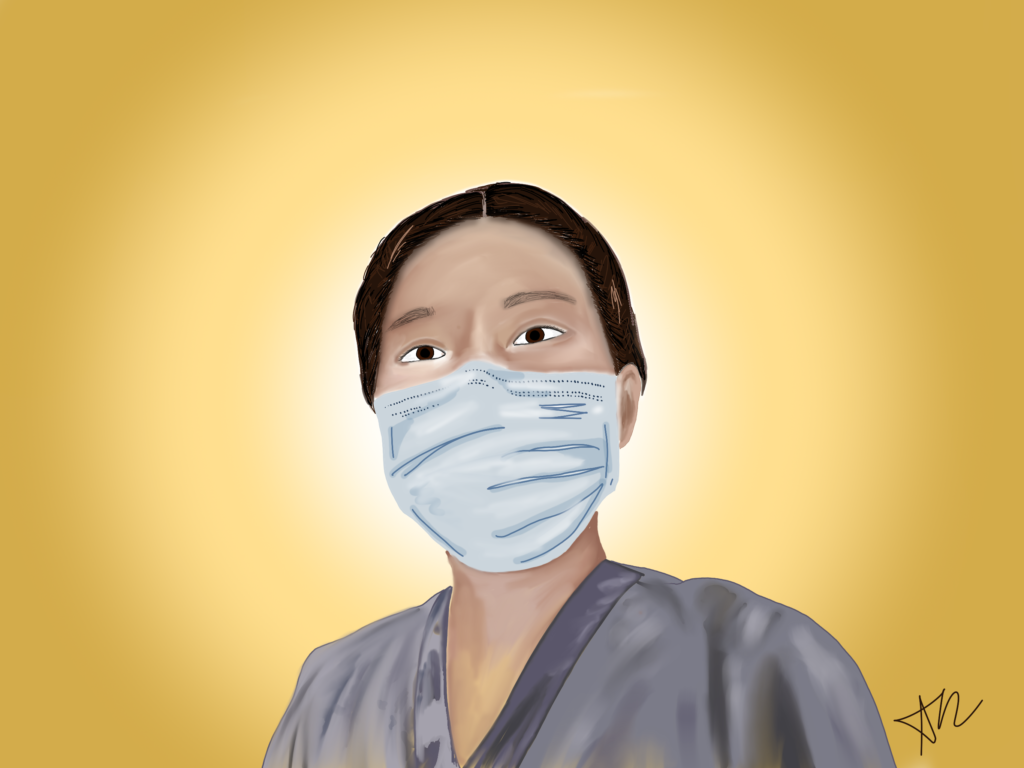
Every year, The Classic publishes the Introducing Project for the graduating class. Per tradition, each post features a member of the Class of 2020, offering a more in-depth look into the seniors’ defining moments and sentiments. With the coronavirus pandemic bringing an abrupt end to the school year and cancelling events such as prom and graduation, the Townsend Harris community has found creative ways to maintain bonds while social distancing. In addition this year’s seniors The Classic has decided to include a series of profiles on the frontline workers of our school community (parents, neighbors, alumni, friends of the school) in this year’s Introducing. Their heroic work deserves memorializing as we reflect our time during the pandemic in the years to come.
As New York has become the epicenter of COVID-19, members of the medical community risk their lives to potential exposure to the virus, sacrificing time with family members by working long hours towards the goal of saving lives.
David A., who requested the omission of his last name, is a registered nurse on a surgical step-down in New York City. On a day to day basis, he begins his shift at 8 PM and gets home 13 hours later. After eating, he tries to get some sleep at 11 AM, sleeping for about six hours. Since the pandemic, working night shifts has been challenging. “This pandemic overtook us so quickly… Now it can take an extra day to recover from a rough shift,” he said.
The overwhelming majority of the patients have been elderly persons with pre-existing medical problems, but David cautioned against taking the situation lightly. “Six weeks ago, we had one COVID-positive patient on our floor. Now, all of our patients are COVID patients.” Like many others, he had originally believed it to be as severe as the flu. “I did not expect that it would spread so fast and claim so many lives. It is really easy for someone to feel like they are safe because they are young and haven’t had any symptoms, but the truth is you can pass it to someone and not even know you have it, ” he added.
Though David feels fortunate that his hospital does not face a serious shortage of equipment needed to treat the virus, it faces other challenges. “There have been a couple of times we ran out of gowns but we recovered quickly… but we are all working above our nurse [to] patient ratio.” He tries to get to work earlier, especially now that the subway runs every 20 minutes. “There is a staffing shortage, so they often take nurses from one unit and send them to another unit that needs help. If you are running late and you get sent to another, unfamiliar unit, it just adds stress to your shift,” David added.
David has worked in the medical field for 15 years, and shared his ongoing passion for his job. “My motivation for entering the health profession was my fascination with people. I am always amazed at people’s accomplishments, determination, and behaviors. I love talking to patients and learning their stories,” he further explained.
David describes working with the patients during this crisis as an interesting experience— as with other respiratory illnesses, he explained that there is a crucial psychological component in the treatment. “Patients become very anxious when they are having shortness of breath, so they require more than just medication. Psychological first aid plays a big part in their treatment,” he said. “Communication can be a challenge, however, as both the nurse and patient are wearing masks that muffle sounds.”
Working the night shifts throughout the last six weeks has also disrupted his personal life. “I am just perpetually tired. Often we have to work through our breaks or stay late after our shift to finish our work, [but] I am fortunate that my friends and family have been really patient and understanding.”
David’s son, who wished to remain anonymous, is a member of the Townsend Harris community. He emphasizes the importance of the health procedures such as properly washing the hands and not touching the face once the virus is over. “We would be healthier if we acted like that all the time,” he said.
David holds onto the hopes of the virus being over soon. One day, he hopes everyone “can go back to traveling and gathering with friends and family. And it is looking up,” he added. “As of my shift last night, we had 50% fewer patients on our unit.”
As a member of the medical community, David hopes people will not forget their appreciation for frontline workers. “The gratitude is great and it goes a long way… I hope people remember that we chose to put ourselves on the frontlines to benefit the community,” he said. His son concluded, “I think that we should really value and honor these people and their services. It’s not easy for them to risk their lives every day and that deserves appreciation.”
Art by Amanda Renzi, Editor-in-Chief


























